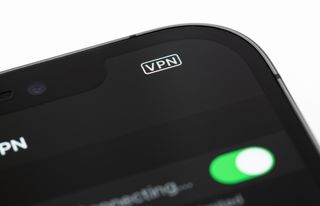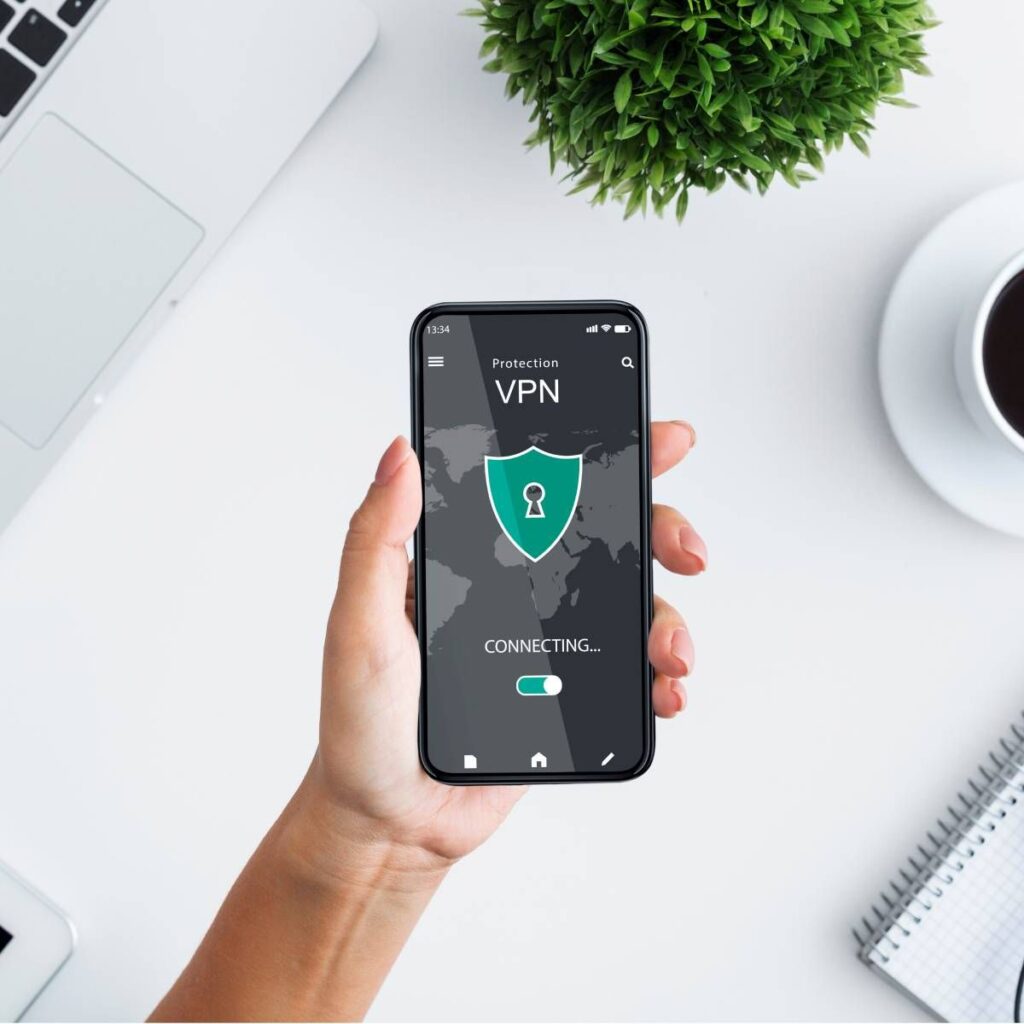Is It Good to Keep Vpn on All the Time: Keeping a VPN on all the time enhances online security and privacy. It also helps bypass geo-restrictions and avoid tracking.
A VPN, or Virtual Private Network, creates a secure connection between your device and the Internet. This encrypted tunnel ensures that your online activities remain private and protected from hackers, ISPs, and other prying eyes. Continuously using a VPN can significantly enhance your online experience by maintaining security, masking your IP address, and enabling access to restricted content.
Although it may slightly reduce internet speed, the trade-off for increased privacy and security is generally worth it. Whether you’re browsing, streaming, or working, keeping a VPN on can provide peace of mind and a safer digital environment.
Benefits Of Always-on Vpn
Keeping your VPN on all the time has many advantages. It enhances your online experience while providing essential protection. Here are some key benefits of an always-on VPN.
Enhanced Security
With an always-on VPN, your online activities stay secure. VPNs encrypt your data, making it hard for hackers to steal your information. They also protect against cyber threats like malware and phishing attacks.
Using a VPN ensures your connection remains secure even on public Wi-Fi. Public networks are often targets for cybercriminals. With a VPN, you can browse safely anywhere.
Privacy Protection
An always-on VPN helps keep your online identity private. VPNs hide your IP address. This makes it hard for websites to track your activities. They also prevent advertisers from building profiles based on your browsing habits.
VPNs protect your personal information. This includes your location and search history. Keeping your VPN on means your data stays private at all times.
| Benefits | Details |
|---|---|
| Enhanced Security | Encrypts data, protects against cyber threats, secures public Wi-Fi connections |
| Privacy Protection | Hides IP address, prevents tracking, protects personal information |

Credit: www.bitdefender.com
Potential Drawbacks
Using a VPN can protect your privacy and security. Yet, keeping it on all the time has potential drawbacks. Let’s explore some of these issues.
Reduced Speed
One major drawback is reduced speed. VPNs reroute your internet traffic. This extra step can slow down your connection. Streaming videos or playing games may lag. This can be frustrating. You may notice longer loading times. Downloads can take more time, too.
Battery Consumption
Another issue is battery consumption. Running a VPN constantly can drain your device’s battery faster. This is especially true for mobile devices. Your phone or tablet may need charging more often. This can be inconvenient, especially on the go. Managing your battery life becomes harder.
| Drawback | Impact |
|---|---|
| Reduced Speed | Slower internet connection, longer loading times |
| Battery Consumption | Faster battery drain, more frequent charging |
Use Cases For Continuous Vpn
Keeping your VPN on all the time can offer many benefits. Let’s explore some of the most common use cases for continuous VPN usage.
Public Wi-fi Safety
Public Wi-Fi networks are often unsecured, making them a prime target for hackers. Using a VPN on public Wi-Fi can keep your data safe. It encrypts your information, making it hard for anyone to steal it. Whether you are in a coffee shop or an airport, a VPN provides an extra layer of security.
- Encryption protects sensitive data.
- Makes it difficult for hackers to intercept information.
- Prevents unauthorized access to personal data.
Accessing Restricted Content
A VPN helps you access content restricted in your location. This is useful for streaming services and websites blocked in your country. With a VPN, you can change your IP address to another country. This makes it appear as if you are browsing from that location.
- Access Netflix, Hulu, and other streaming services.
- Browse websites restricted in your region.
- Bypass government censorship.
| Benefit | Description |
|---|---|
| Encryption | Protects your data on public networks. |
| IP Masking | Lets you access restricted content. |
| Privacy | Keeps your online activities private. |
These use cases show why keeping your VPN on continuously can be beneficial. A VPN offers multiple advantages, from public Wi-Fi safety to accessing restricted content.
Credit: nordvpn.com
Best Practices
Keeping your VPN on all the time can greatly enhance your online security. But, to make the most out of your VPN, you need to follow some best practices. Here, we’ll cover key aspects such as choosing reliable providers and balancing security and performance.
Choosing Reliable Providers
Choosing a reliable VPN provider is crucial for your online safety, so look for providers with a no-log policy. This ensures they do not store any of your data. Also, check for strong encryption standards like AES-256.
Here’s a quick table to compare some top VPN providers:
| Provider | No-Log Policy | Encryption Standard |
|---|---|---|
| Provider A | Yes | AES-256 |
| Provider B | Yes | AES-256 |
| Provider C | No | AES-128 |
Always read reviews and check ratings before making a choice. Reliable providers usually offer 24/7 customer support. This can be very helpful if you encounter any issues.
Balancing Security And Performance
Balancing security and performance is key to an optimal VPN experience. High encryption can sometimes slow down your internet speed. To balance this, choose servers close to your location. This reduces latency and improves speed.
Here are some tips to maintain a balance:
- Use a wired connection for better speed.
- Choose servers with low user load.
- Regularly update your VPN software.
Some VPNs offer split tunneling. This feature lets you route some traffic through the VPN and some directly through your ISP. This can improve performance for non-sensitive tasks.
Here’s a simple code example for split tunneling:
VPN.splitTunnel({
include: ['sensitive-site.com'],
exclude: ['non-sensitive-site.com']
});
By following these best practices, you can enjoy both security and performance with your VPN.
Frequently Asked Questions
Is There A Downside To Always Using A Vpn?
Yes, there are downsides to always using a VPN. It can slow down your internet speed. Some VPNs may log your data. Certain websites may block VPN traffic. VPNs can be costly if you need a reliable service. Not all VPNs offer complete anonymity.
When Should You Not Use Vpn?
Avoid using a VPN for online banking or accessing sensitive accounts. It can trigger security alerts. Avoid using free VPNs; they may compromise your data. Don’t use VPNs in countries where they are illegal. Avoid using VPNs for torrenting if they violate terms of service.
Is Vpn Good For Daily Use?
Yes, a VPN is good for daily use. It enhances online privacy, security, and access to restricted content.
Should You Disconnect A Vpn When Not In Use?
Yes, disconnecting a VPN when not in use can save bandwidth and battery life. It also enhances your internet speed.
Conclusion
Keeping a VPN on all the time offers numerous benefits. It enhances your privacy, ensures secure browsing, and bypasses geo-restrictions. Weigh the pros and cons to decide what’s best for you. Prioritize your online security and enjoy a safer internet experience with a reliable VPN service.


